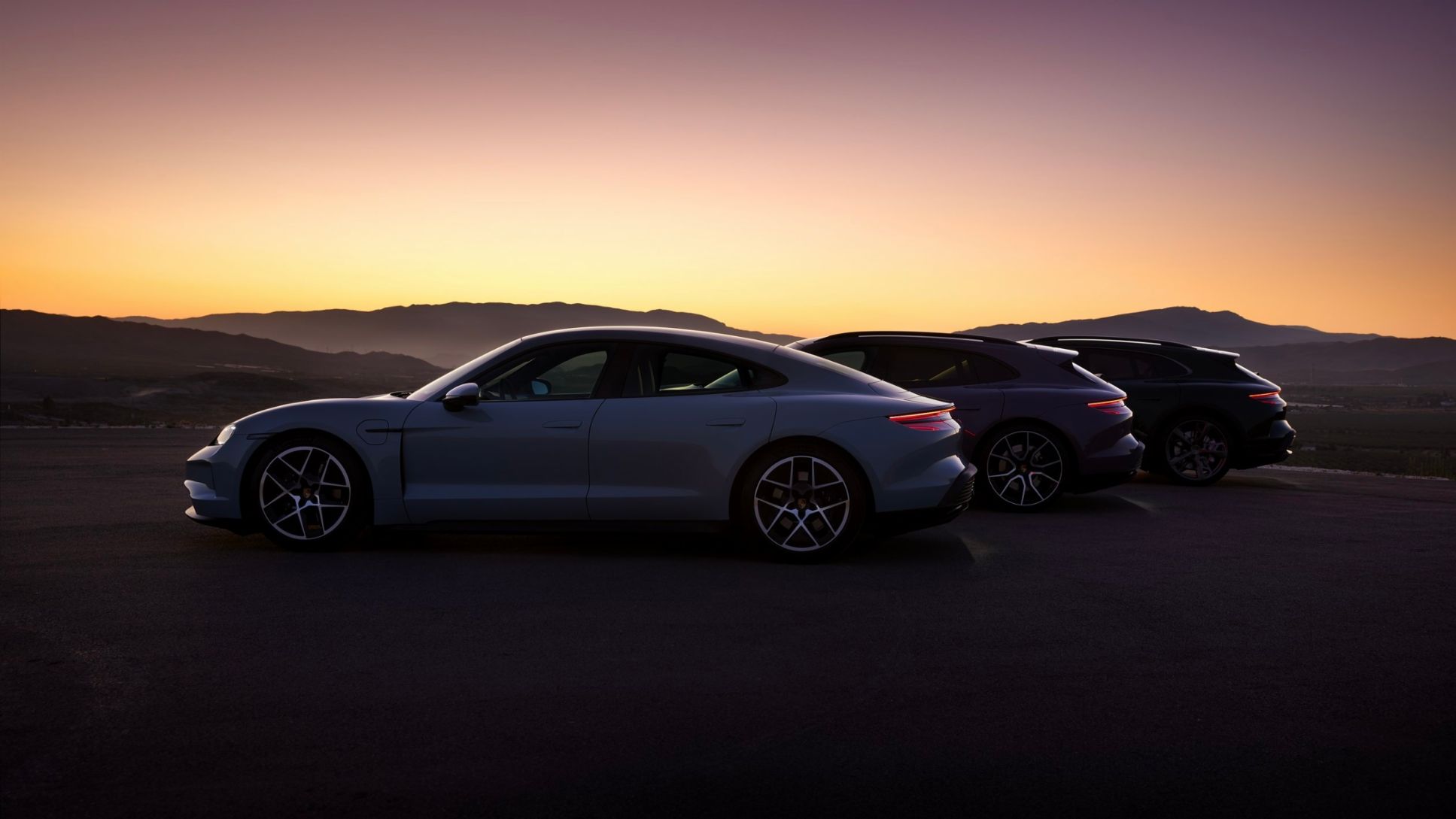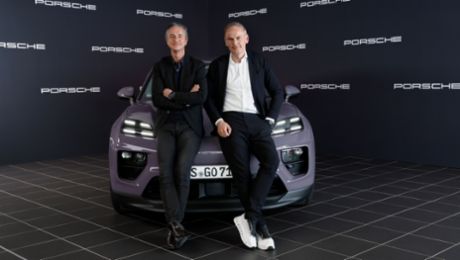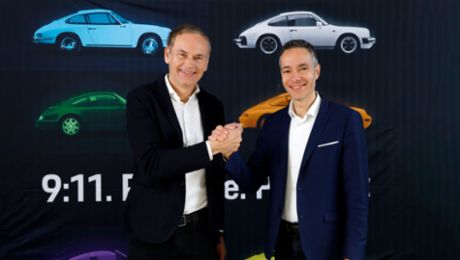The common goal is the joint development in different fields of automotive software while maintaining software ownership and reducing dependencies on black-box suppliers. This reduces complexity and increases implementation speed. The partnership helps Porsche utilize expertise to develop, deploy, and update vehicle software to provide unique consumer experiences.
“Applied Intuition has been an important software partner for us and will help us to better understand software in every part of the vehicle. Testing may then be done software-based and earlier in the development process. With that, we can iterate faster and focus on building the best possible consumer experiences,” said Michael Steiner, Member of the Executive Board Research and Development of Porsche AG. “This additional cooperation will strengthen Porsche's software know-how, complementing and supporting activities within the Volkswagen Group.”

In the latest generation of vehicles, software is becoming increasingly important. It is essential to regularly integrate and update software components purchased from different vendors.
“Software and AI development is very different from traditional hardware-driven automotive development,” said Qasar Younis, Co-Founder and CEO of Applied Intuition. “Integrating and updating different software and AI components can be especially challenging, and that is where our expertise comes in as an AI-first software company.”

Porsche will use the solution along with software best practices and continuous integration/continuous deployment (CI/CD) processes to deploy and manage software to future vehicles through an off-board platform. A professional set of tools supports the end-to-end software validation, ranging from software-in-the-loop (SIL) to hardware-in-the-loop (HIL) and vehicle testing. The collaboration with Applied Intuition has enabled Porsche to design the software of its future vehicles with specific customer solutions and integrates seamlessly into Porsches successful value-enhancing investments into technology.
About Applied Intuition
Applied Intuition is a Tier 1 vehicle software supplier that accelerates the adoption of safe and intelligent machines worldwide. Founded in 2017, Applied Intuition delivers the definitive ADAS/AD toolchain and a world-class vehicle platform to help customers shorten time to market, build industry-leading products, and create next-generation consumer experiences.
18 of the top 20 global automakers trust Applied Intuition’s solutions to drive the production of modern vehicles. Applied Intuition serves the automotive, trucking, construction, mining, agriculture, and other industries and is headquartered in Mountain View, CA, with offices in Ann Arbor and Detroit, MI, Washington, D.C., Munich, Stockholm, Seoul, and Tokyo. Learn more at https://appliedintuition.com.



